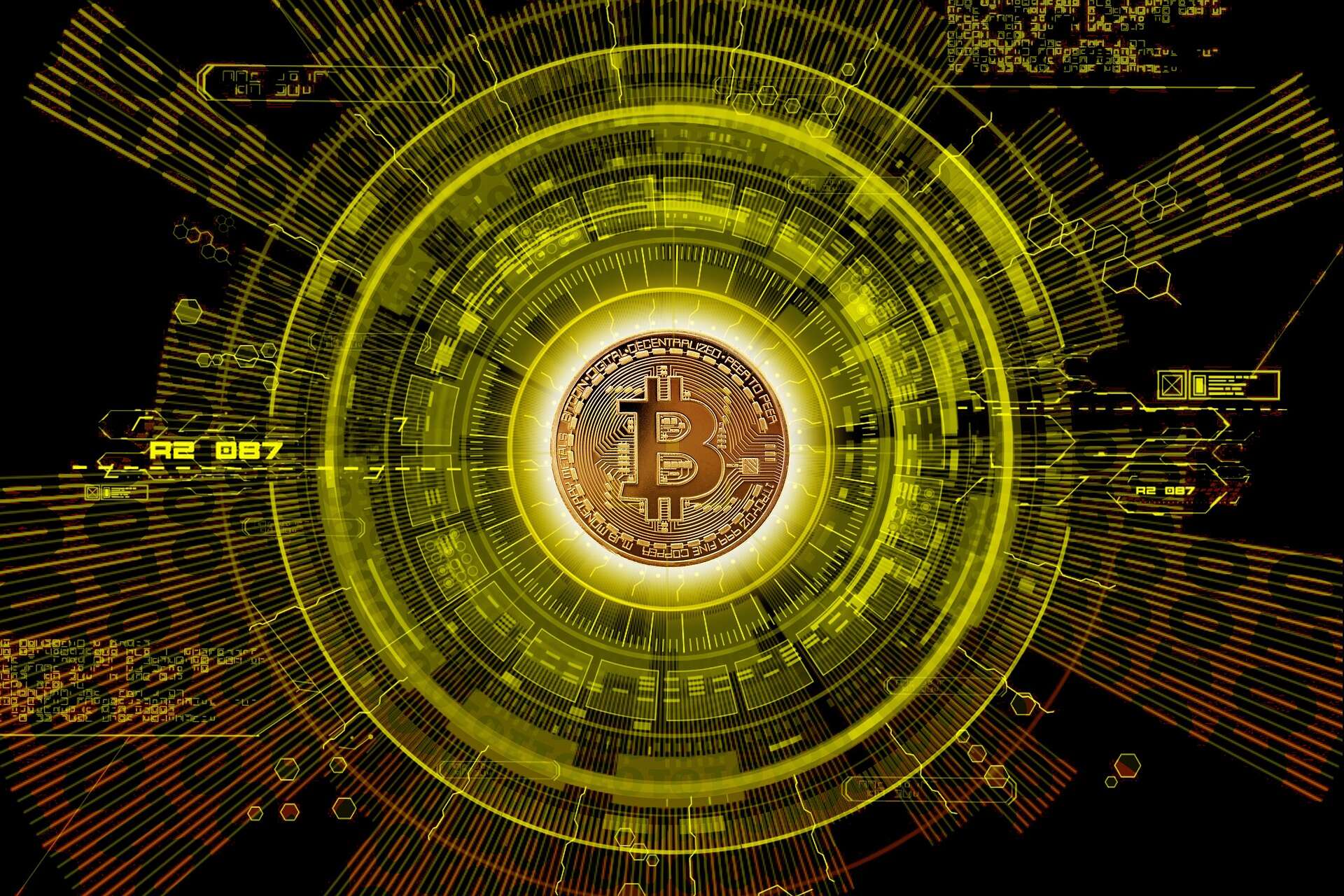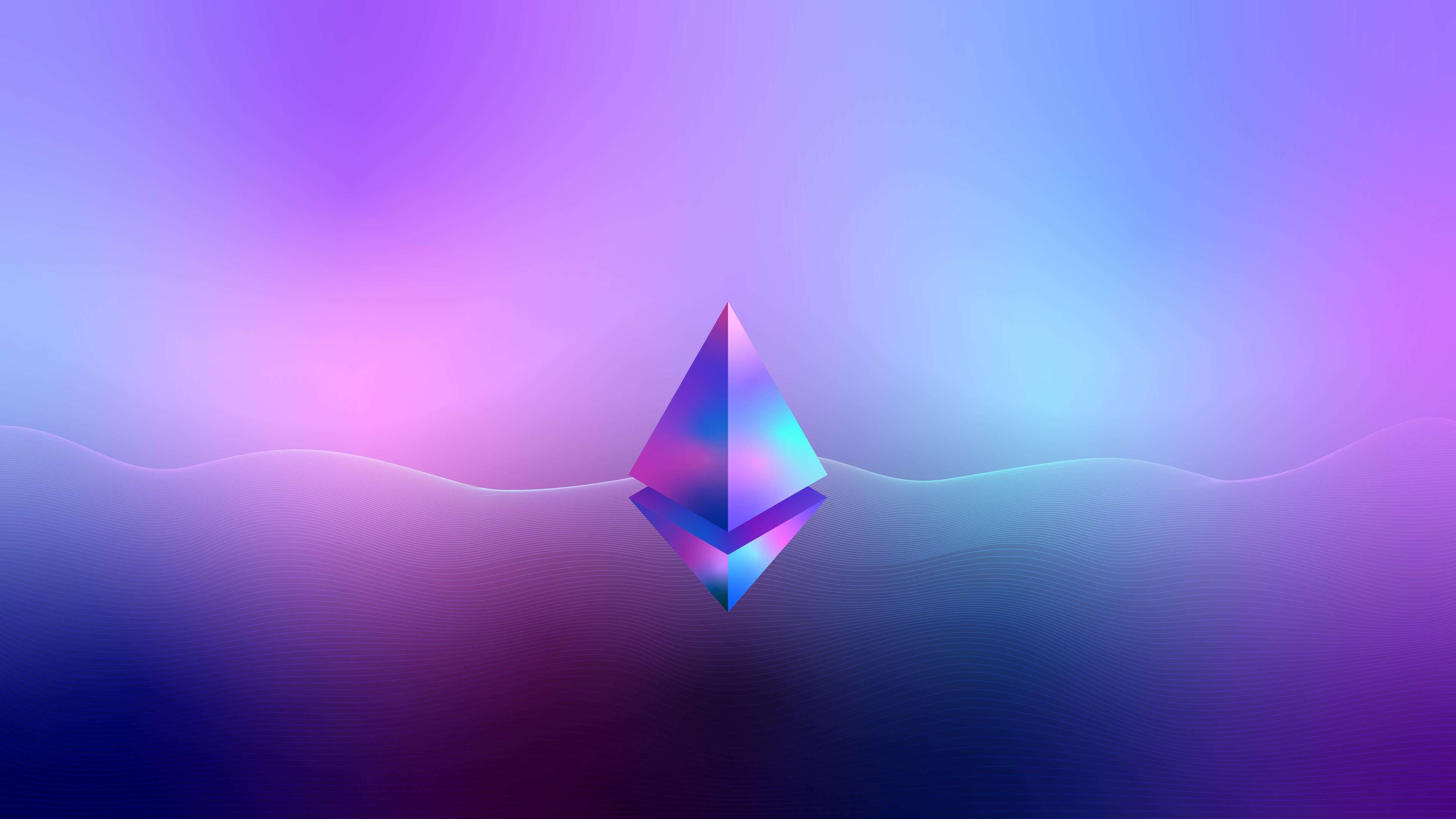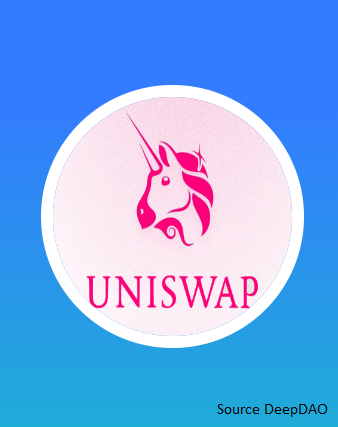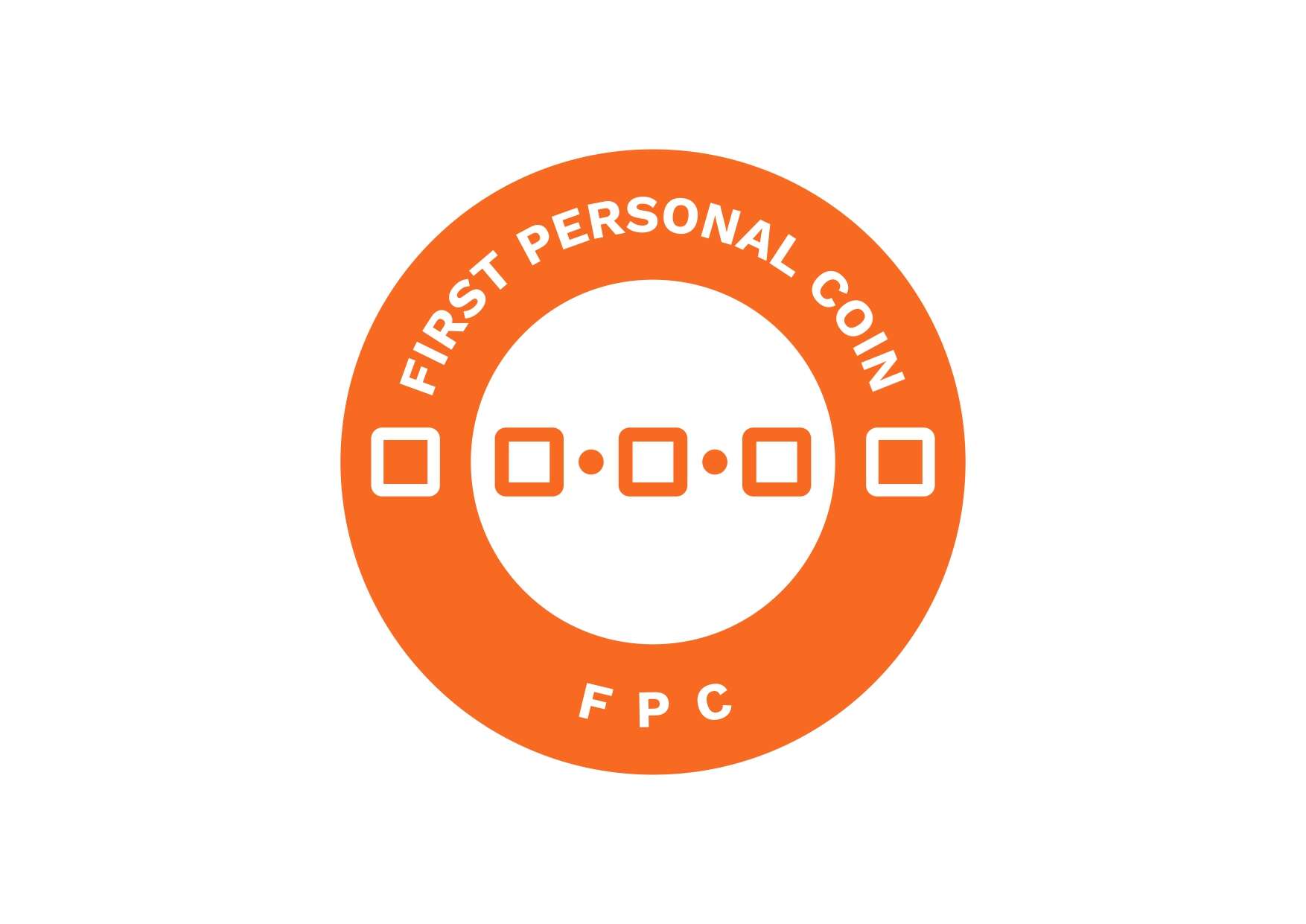What changes with Uniswap 4.0?
In the ongoing search for a balance between efficiency and decentralisation, Uniswap is worth mentioning, which we have already talked about thanks to a significant innovation in the approach to version 4.0.
The code, unlike versions 2.0 and 3.0, was presented "ongoing", in fact, the Uniswap LAB decided that it was appropriate to continue development "in public, with open feedback and meaningful community contribution".

The validity of opensource strategies is nothing new, even in more traditional fields, but combined with the peculiarities of how DAOs work, it acquires significant features.
If in the world of the software it is considered an honour to contribute to the improvement of the open source product with no or indirect economic fallout (at the most, the developer who stands out will become famous, perhaps with consequences - even economic - on other activities he carries out), preserving the value of the Uniswap code has a direct impact on the value of the Token UNI and contributing to its success and diffusion is a direct interest of the community members, who will comment on the amendments, will be able to vote on particular aspects and may propose evolutions that today are unexpected.
Since we are talking about changes to distributed protocols, let us also take the opportunity to review how the bitcoin, ethereum and Uniswap protocols can be changed, which marks a further step towards a decentralised model with a certain consequence and potential risk beyond the DAO specification.
Bitcoin Protocol

The BTC protocol, which has a capitalisation of $588,786,289,315 (data as of 9 July), is changing with great complexity, with a very rigid governance based on the adherence of network participants, with soft and hard forks and a conservative tendency, aimed above all at protecting the uniqueness of Bitcoin; the reference is to the very long and painful discussions on the size of the block that you can follow clicking on this link.
We can therefore say with good approximation that bitcoin is still very similar to what came out of Satoshi Nakamoto's computer.
Ethereum protocol

The ETH protocol, which has a capitalisation of $224,200,352,010, was created and has evolved according to a road map that has been modified several times, especially in terms of timing, due to postponements necessary to have stable solutions; the most striking and significant case was the move from POW to POS in 2022.
This road map centred from the outset on development stages and forks - the most famous of which related to The DAO affair, you can read more about at the link below https://www.coindesk.com/consensusmagazine/2023/05/09/coindesk-turns-10-how-the-dao-hack-changed-ethereum-and-crypto/
- is managed by a rather dynamic foundation, attentive to business aspects as well, and a very active founder.
The protocol has therefore evolved a great deal: it is no coincidence that it is the basis of many centralised services and is the touchstone for many aspiring Ethereum killers, from Solana to Algorand.
Uniswap Protocol

UNI which has a capitalisation of $3,029,754,402 (as at 9 July) is by far the largest DAO with a size almost double the size of the second one and five times the size of the tenth.
Uniswap protocol is governed by a Business Source License (BSL) that regulates the use of the software. The DAO has a fairly structured governance (we could say it resembles a articles of association) and Mr Erin Koen is in charge of governance, motivating changes, encouraging debate and offering to discuss future choices with him.
DAOs are a different matter, but they represent an evolution to the possibilities of decentralisation and, as the many points that distinguish them are clear, there are many points in the voting dynamics of Uniswap's token holders, which can recall both the soft forks of BTC and the evolution of ETH.

The ways in which Uniswap is evolving to version 4.0 mark a step forward in community involvement, a sign of maturity and adherence to the principles of a well-functioning DAO, which must necessarily involve token holders and organise itself accordingly, as communities are certainly pushing for ever greater adoption of their protocol and their choices are influenced by the vision of creating long-term value.
- There is also a potential risk in all this.
None of UNI's token holders thinks that he is a partner in a company and his tokens are shares, but with more abstract eyes it is, however, difficult not to consider that we are dealing with a complex system, organised by sectors of specialisation, which distributes a product and remunerates its stakeholders on the basis of success. Consequently, what the legal system might think, might be different, with the consequence that the token might be considered a security (share and financial instrument).
There is nothing wrong with wanting to be a security token, indeed they will have more and more space in the future, but starting out on the road of decentralised finance (DeFi) and ending up being considered, without having foreseen and organised it, a security token could be a big risk.
